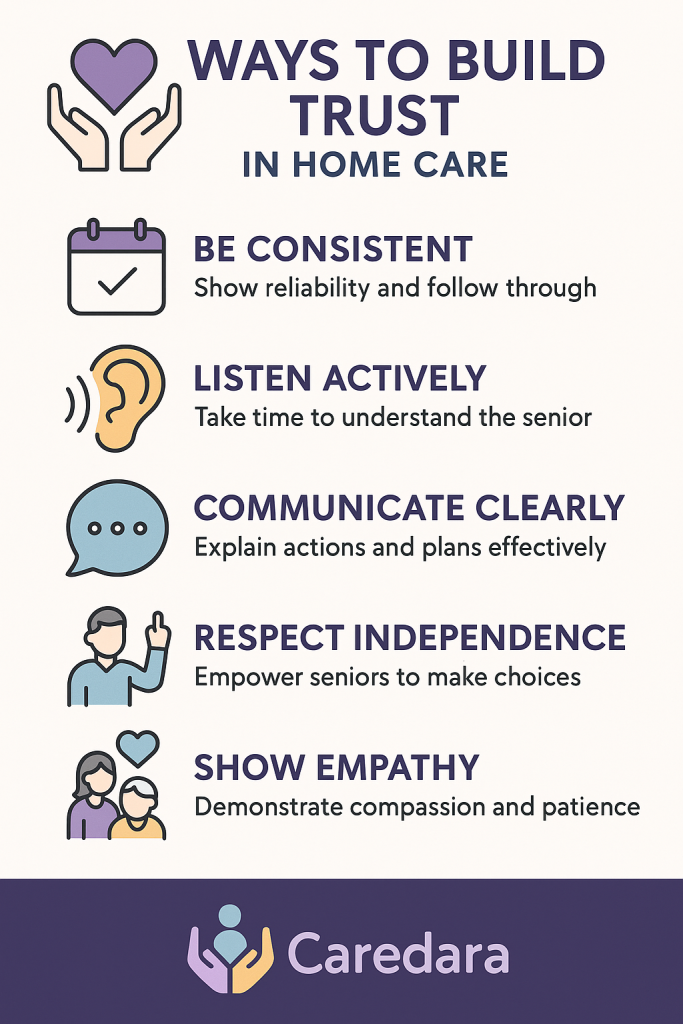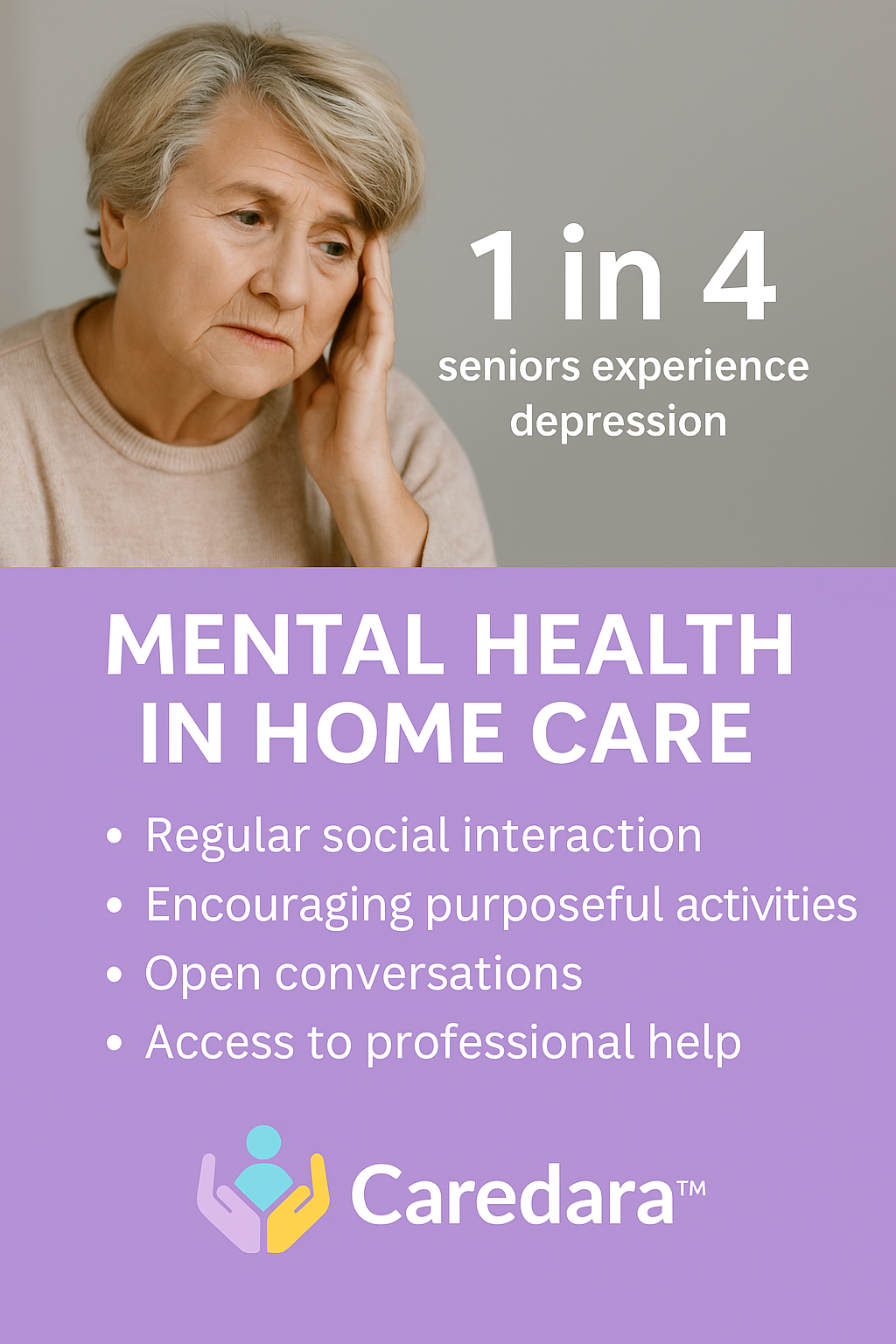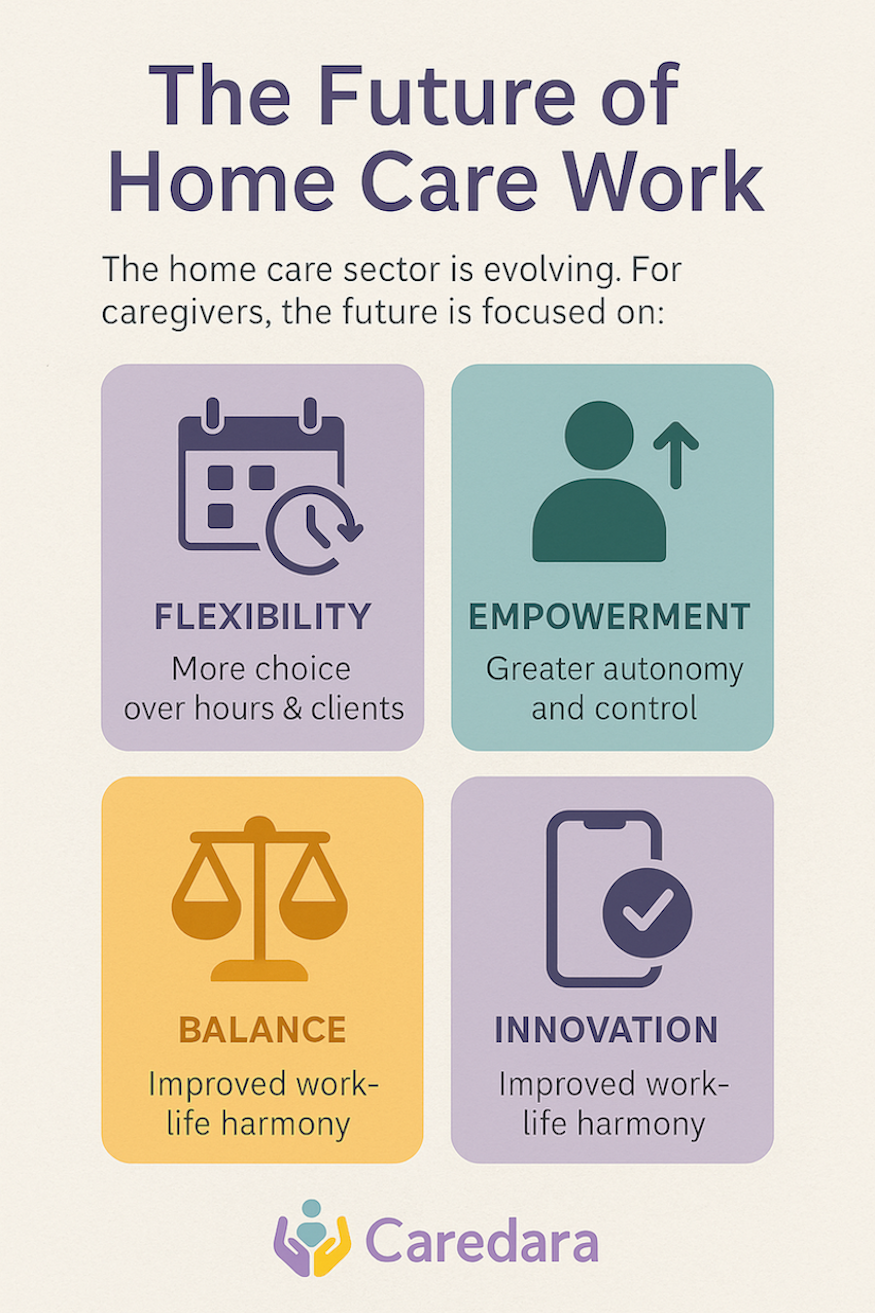
When it comes to home care, skill and training are essential—but they’re only half the story. The other half is trust. For seniors, letting someone into their home to provide personal care is a deeply vulnerable experience. For caregivers, being welcomed into that space is a privilege that depends on empathy, consistency, and connection.
The Foundation of Quality Care
Trust transforms home care from a service into a relationship. It influences everything from communication to safety to emotional well-being. When trust is strong:
-
- Seniors are more likely to share health concerns and follow care recommendations.
- Families feel confident and less anxious about their loved one’s support.
- Caregivers experience greater job satisfaction and a stronger sense of purpose.
Why Trust Can Be Difficult to Build
-
- High Turnover: Frequent caregiver changes make it hard for seniors to feel secure.
- Limited Time: Short appointment windows can leave little room for conversation or rapport.
- Past Experiences: Some seniors may have experienced rushed or inconsistent care in the past.
How Practitioners Can Build Trust
-
- Be Consistent
Arriving on time, following through on commitments, and keeping routines helps seniors feel safe. - Listen Actively
Take the time to understand the person behind the care plan. Listening builds respect and reassurance. - Communicate Clearly
Explain what you’re doing and why—it turns tasks into teamwork. - Respect Independence
Encourage seniors to make choices about their own care. Empowerment builds confidence and mutual trust. - Show Empathy
Small gestures—a kind word, a patient smile, a shared story—go a long way in creating connection.
- Be Consistent
The Family’s Role
Trust isn’t just between the caregiver and the senior—it includes the family, too. Families who communicate openly with practitioners help build a supportive circle of care. Transparency, feedback, and shared goals create a partnership that benefits everyone.
Looking Ahead
As home care evolves, the focus must stay on people, not just processes. Building trust takes time, compassion, and consistency—but the result is a stronger, safer, and more human care experience.
Because in home care, how we care matters just as much as what we do.

